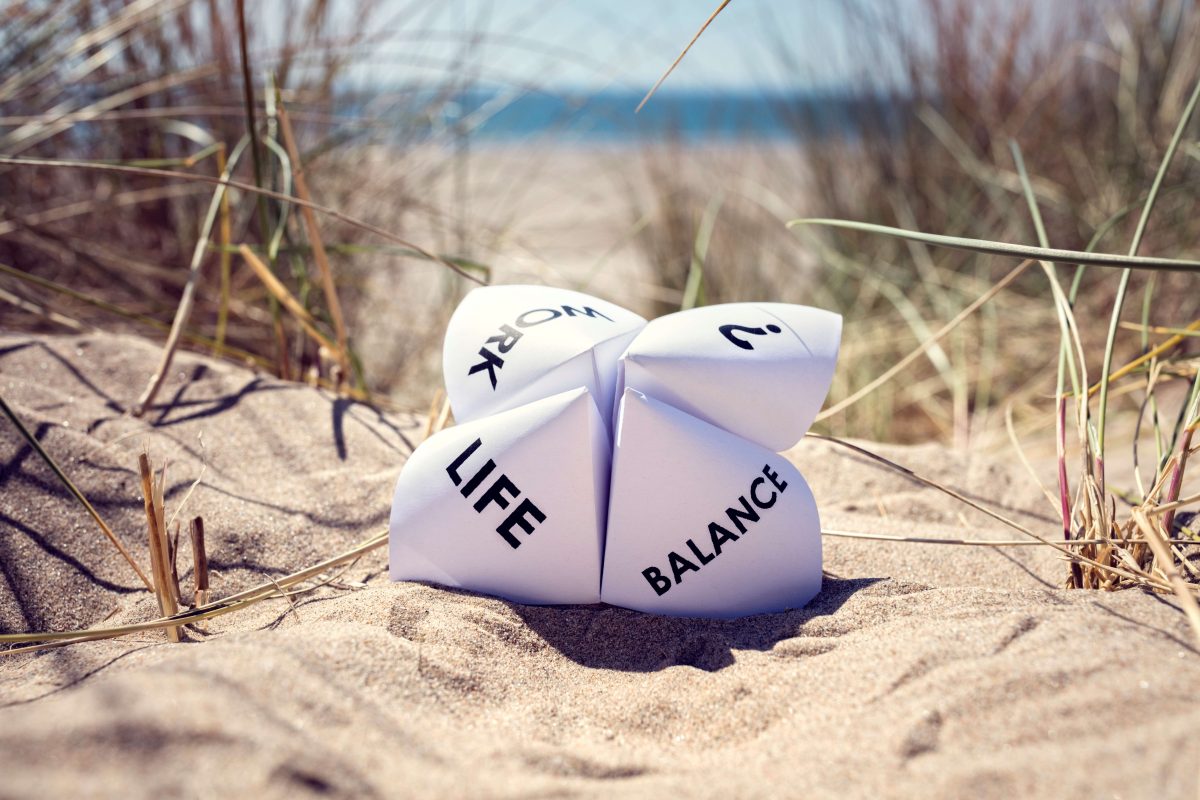
‘Love what you do and you’ll never work a day in your life’ … yeah, that ain’t true. Photo: Brian A Jackson.
Choosing a career or how we spend our days is a primary preoccupation from as early as we can respond to the question, ‘What do you want to be when you grow up?’
But the reality that dawns once we reach adulthood is that our choices are often the least impactful part of the equation when it comes to work.
Like many in my generation, especially those who have also had the privilege of a middle-class upbringing, I spent my teens and early 20s striving to forge what I hoped would be a ‘meaningful’ career. I wanted to make a difference and feel passionate about my work.
But despite working almost exclusively for causes that I care about in the not-for-profit sector, and being lucky enough to work with colleagues that I forged genuine friendships with, work has always felt … well, like work.
The adage ‘love what you do and you’ll never work a day in your life’ just doesn’t ring true. No matter how meaningful it is, having the majority of your time dictated by others and driven by forces outside your control eventually takes its toll.
Yet the idea of the alternative – to work a job that provides an income and to gain a sense of fulfilment and satisfaction from sources outside of work – has always felt a little like failure.
When work occupies most of our lives, the idea of not striving for validation and achievement within our workplaces can feel like settling or giving up. And if the things that make us happy – spending time with family and friends, reading, hobbies, exercise – aren’t big, exciting, glamorous things, then it can feel like we’re failing to reach our potential.
I’ve been grappling with this as I’ve embarked on parental leave.
I love working and using the skills I’ve developed over my career. But where I once wanted to climb the career ladder, time away from work has made me realise that life is fulfilling, busy and productive without paid work in the equation. Instead of diving back into an all-consuming senior role, I now wonder if taking on a more manageable position in the future might be more fulfilling, sacrificing career goals for better balance.
While I know intellectually that this is a perfectly healthy way to approach work and how much I prioritise it in my life, I still feel anxious about what people will think if I’m not constantly reaching for the next career milestone.
I’m resigned to the fact that this shift in focus may be seen as giving up or failing in the eyes of some, but I also know that when work no longer dominates your working hours, you are opened up to so much of the joy and happiness that can be found in other productive pursuits.
Being lucky enough to have enough earning capacity that I don’t have to focus on making ends meet is a position I don’t want to take lightly, even if this step back now could be preventing me from growing that earning capacity in the future. After all, being wealthy for the sake of it feels futile compared to having enough for a good life and retaining some mental energy to actually enjoy it.





















